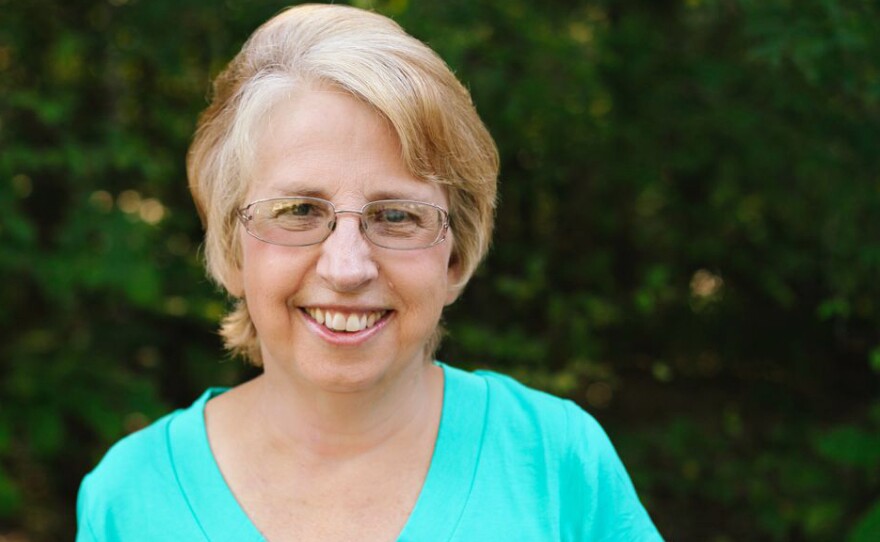Results from the first clinical trial of the experimental Ebola drug ZMapp were reported Tuesday evening. Researchers said the San Diego-made drug may help patients, but they don't have enough data to be sure.
Scientists with the National Institute of Allergy and Infectious Diseases said they could not determine whether ZMapp improves on standard care because they were not able to study enough patients.
In a press release, NIAID officials said the drug was, "well-tolerated and showed promise," but, "the study could not enroll enough volunteers to determine definitively whether it is a better treatment for Ebola virus disease than supportive care only."
Researchers had planned to study about 200 patients, but by the time the trial was launched in early 2015, the West African outbreak was quickly subsiding. Without new cases to include in the trial, the researchers closed the study in January. They had enrolled just over 70 patients.
Thirty five patients in the trial's control group did not receive ZMapp, only standard care. Thirteen of them died. Among the 36 patients who did receive the drug, eight died. Researchers concluded there was no statistically significant difference between the survival rates of the two groups.
UC Irvine public health professor and Ebola expert Kristi Koenig says it's unclear whether ZMapp will be useful during the next Ebola outbreak.
"It is encouraging that they didn't report any worse outcomes," Koenig said. "But there were simply not enough patients studied to know whether it was helpful or not."
Koenig said the trial's overall survival rate of 70 percent — significantly higher than the survival rates public health officials observed at the peak of the outbreak — offer a silver lining. Perhaps standard care is improving, she said.
"I think we can celebrate that we're making progress on stamping out the epidemic and that there were few patients to study," Koenig said. "The jury is still out on the usefulness of the drug."
UC San Diego Research Ethics Program director Michael Kalichman, who has been following the trial, said he was not surprised to hear the outcome. The fact that results took nearly a year to report suggested to him that the drug was neither obviously harmful nor a surefire cure.
"It isn’t definitely useless, but it isn’t definitely a game-changer," Kalichman said.
ZMapp was developed by a small San Diego biotech company, Mapp Biopharmaceutical. The drug is comprised of three antibodies grown in bioengineered tobacco leaves. Scientists at the Scripps Research Institute in La Jolla helped identify the antibodies.
The drug was given to a handful of patients during the outbreak on an emergency basis. Two American health workers who took ZMapp went on to survive their infections, leading some news outlets to claim the drug had "likely saved" their lives. However, others treated with ZMapp did not survive.
Mapp president Larry Zeitlin struck an upbeat tone in a press release about the clinical trial's outcome.
"We are encouraged by these results,” he said in the release. “While this trial is not definitive, its results are consistent with the favorable results observed in animal efficacy testing in nonhuman primates.”






